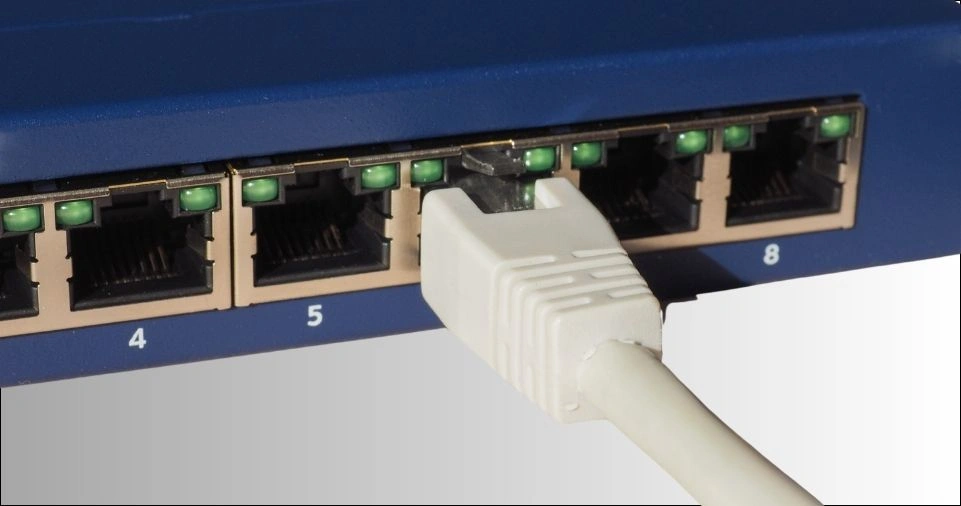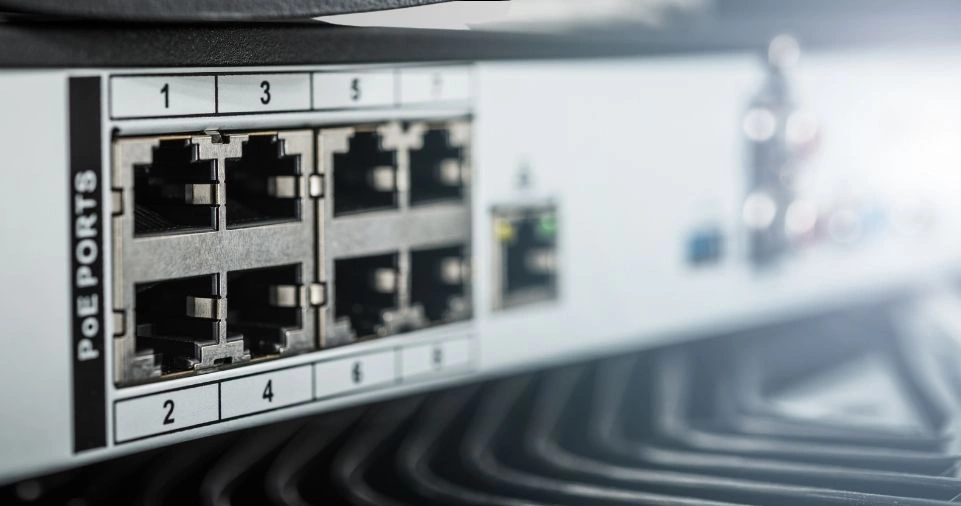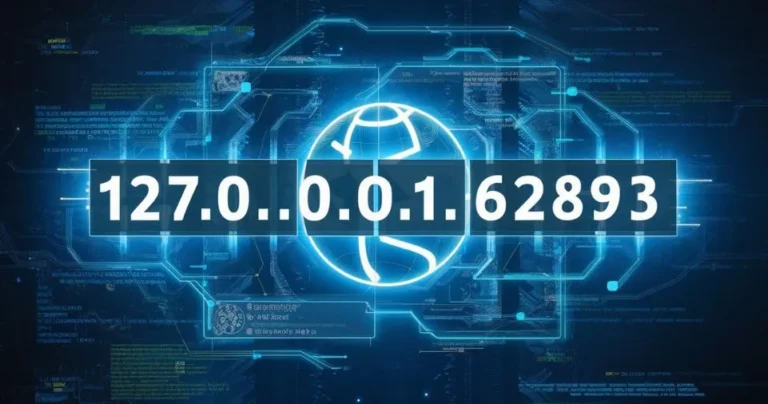The IP address 127.0.0.1:62893, often referred to as localhost, plays a crucial role in networking, testing, and software development.
Whether you’re exploring 127001 for internal communication or troubleshooting port 62893, understanding its functionality is key to creating secure and efficient systems.
This guide breaks down the essentials of localhost, its benefits, and step-by-step solutions for common issues, ensuring you can maximize its potential in local network configurations.
Learn how to leverage this specialized IP address for debugging, development, and enhanced security—all while simplifying complex networking tasks.
What is 127.0.0.1?

127.0.0.1 is a loopback address, also known as “localhost.” It’s an IP address that allows a computer to communicate with itself. Instead of sending data to an external network, communications to 127.0.0.1 remain internal to the local machine.
Functionality
- Testing and Development: Developers use this address to test web servers, applications, or services without exposing them to external networks.
- Isolation: Loopback ensures all communications stay within the device, eliminating external interference.
- Local Communication: It helps troubleshoot and verify configurations by simulating how applications handle requests internally.
What Does :62893 Indicate?

Ports in Networking
A port number is like a dedicated gateway within an IP address, directing data to specific services or applications running on the device. Think of it as a virtual door leading to particular functions. Each port number ensures organized communication by channeling data precisely where it is needed. Here is a breakdown:
| Component | Example | Purpose |
|---|---|---|
| IP Address | 127.0.0.1 | Loopback address for internal communication. |
| Port Number | 62893 | Identifies the specific service being accessed. |
Unique Role of Port 62893
Port 62893 often represents a service or application that is unique to your system. It allows seamless operation of multiple services by ensuring they do not conflict, even when sharing the same IP address. This port-specific designation is critical for:
- Efficient Resource Allocation: It helps manage and distinguish various network activities happening simultaneously.
- Enhanced Debugging: Developers and system administrators can target specific ports, like 62893, to monitor or troubleshoot particular services without interference.
- Custom Application Setup: Applications can be configured to run on dedicated ports like 62893, ensuring precise control over their functionality.
Real-Life Analogy
Imagine a large office building (the IP address) with many rooms (ports). Each room hosts a different meeting or activity. Port 62893, in this analogy, would be a specific room reserved for a specialized task—say, a strategy meeting—ensuring that everyone knows exactly where to go for that activity without disrupting others.
ALSO READ: Build Insane Triceps by Doing Skull Crushers – Laz – Tymoff
How 127.0.0.1:62893 Works
Step-by-Step Process
- Initiating a Connection: When you access 127.0.0.1:62893, the request does not leave your device. This creates a secure internal communication pathway, ensuring your operations remain isolated and interference-free.
- Loopback Mechanism: The loopback interface directs the request internally within your device’s networking stack. This allows your system to simulate a full network connection without reaching an external server, making it an indispensable tool for testing and debugging.
- Port-Specific Communication: The port number, in this case, 62893, specifies which service or application the request should communicate with. It ensures that multiple services can coexist on the same IP address without conflict, providing an organized and efficient system for managing various tasks.
- Local Response: Once the request reaches the specified port, the associated application processes it and sends a response. This loopback ensures the data transfer happens entirely within the local environment, enhancing both speed and reliability.
Benefits
- Fast Testing: Communication within the localhost environment eliminates the need for external routing, resulting in near-instantaneous feedback. This speed is invaluable for developers testing dynamic changes or iterating on projects.
- Enhanced Security: Because the communication remains confined to your local machine, there’s no exposure to external networks, significantly reducing the risk of data interception or unauthorized access.
- Convenience: Testing within a controlled local environment allows developers to pinpoint and resolve issues without worrying about network latency or external dependencies.
Example Use Case
Consider a developer testing a new web application. By configuring the application to listen on port 62893, they can:
- Verify that the server responds correctly to various types of requests.
- Test authentication protocols without risking exposure to an unsecured network.
- Debug application performance in real-time using tools like browser dev consoles or terminal commands.
This approach not only ensures the application is functioning as intended but also sets the stage for a seamless transition to a live environment.
Practical Applications of 127.0.0.1:62893

Local Development
Developers frequently rely on 127.0.0.1:62893 to test and refine their applications in a secure, isolated environment. Here’s how it’s used in local development:
- Web Servers: By running environments such as Apache, Nginx, or Node.js locally, developers can test how web servers handle requests before making them live.
- Database Connectivity: Testing connections between applications and local databases ensures functionality and identifies potential integration issues.
- API Development: Developers often use localhost and specific ports to build, test, and debug APIs without the need for external hosting.
This local setup fosters iterative development, ensuring that the application is stable and functional prior to public deployment.
Troubleshooting
When things don’t work as expected, 127.0.0.1:62893 becomes invaluable for diagnosing and resolving problems. Common troubleshooting scenarios include:
- Diagnosing Issues: Misconfigured services or network settings can be identified by targeting specific ports like 62893.
- Checking Availability: Tools such as
netstat,lsof, ortelnetcan verify whether port 62893 is active and identify which processes are bound to it. - Firewall Configurations: Developers can use localhost setups to determine if firewalls are unintentionally blocking key services.
This process not only helps fix errors but also prevents similar issues from occurring in live environments.
Learning and Experimentation
The loopback address is a playground for experimentation. Whether for educational or practical purposes, 127.0.0.1:62893 offers a risk-free environment for testing:
- Educational Tools: Students can simulate server-client interactions and learn about network protocols in real time.
- Safe Experimentation: Developers and learners alike can explore new software features, configurations, and network interactions without risking disruptions to live systems.
Moreover, it enables the creation of controlled environments for teaching and learning complex networking concepts.
Troubleshooting Common Issues
Despite its utility, you might encounter issues with 127.0.0.1:62893. Here are common problems and their solutions:
Common Problems and Fixes
| Problem | Cause | Solution |
| Port not responding | Service on port 62893 not active | Start the application or service intended for port 62893. |
| Port already in use | Conflict with another process | Use netstat or lsof to identify and stop conflicting processes. |
| Firewall blocking the connection | Security settings | Adjust firewall rules to allow traffic on port 62893. |
| Outdated software causing miscommunication | Compatibility issues | Update all related software and services. |
| Loopback address not functioning | Network misconfiguration | Restart the network adapter or troubleshoot the loopback interface setup. |
Advanced Use Cases
Here are some real world scenarios of local host “127.0.0.1:62893”
| Use Case | Example |
| Local Testing | Running a local server for web development without exposing it to the web. |
| Security Testing | Simulating attacks in a secure environment for penetration testing. |
| Containerization | Running Docker containers and testing isolated services. |
| Automation and CI/CD | Setting up continuous integration pipelines locally before deployment. |
Tools for Monitoring and Management
- Command-Line Utilities: Tools like
ping,netstat, andtraceroutehelp monitor and troubleshoot. - Applications: Monitoring tools like Wireshark can analyze traffic on localhost for debugging purposes.
ALSO READ: How to Generate Organic Visits for Google Business Profile (GBP)
Best Practices

Security Considerations
- Avoid Overuse: Do not overload port 62893 with multiple services.
- Monitor Ports: Regularly check for unauthorized processes using port 62893.
- Secure Configurations: Use robust authentication methods even for local services.
Maintenance Tips
- Periodic Checks: Verify that 127.0.0.1:62893 is functioning as expected.
- Backup Configurations: Always keep backups of configurations for services running locally.
- Update Regularly: Ensure all software using the loopback address is updated to prevent vulnerabilities.
Conclusion
The combination of 127.0.0.1 and port 62893 is invaluable in networking, offering a secure and efficient method for local communication.
Whether you’re a developer testing an application, a student learning about networking, or an administrator troubleshooting systems, understanding this concept is essential.
By applying the insights and best practices shared in this guide, you can optimize your workflows and enhance your technical capabilities.
Embrace the power of 127.0.0.1:62893 and unlock its potential for your local network needs.
FAQs About 127.0.0.1:62893
Q: What is 127.0.0.1:62893?
A: It is the loopback IP address (127.0.0.1) combined with a port number (62893), used for internal communication and testing services running on your local machine.
Q: Why is 127.0.0.1 important?
A: It allows a computer to communicate with itself for testing and debugging purposes without requiring an external network connection.
Q: What does the port number 62893 signify?
A: It specifies a unique service or application running on your local machine, enabling multiple processes on the same IP address.
Q: How do I fix a 127.0.0.1:62893 connection error?
A: Ensure the service on port 62893 is active, check for firewall restrictions, and verify that no other application is using the same port.
Q: Can I access 127.0.0.1 from another computer?
A: No, 127.0.0.1 is restricted to the local machine and cannot be accessed externally.
Q: What is the IPv6 equivalent of 127.0.0.1?
A: The IPv6 equivalent is ::1, which serves the same loopback function.
Q: How do I check if port 62893 is in use?
A: Use the netstat -an command in the terminal or command prompt to see active ports and their associated processes.
Q: Can I block a website using 127.0.0.1?
A: Yes, by editing your system’s hosts file to redirect the website’s domain to 127.0.0.1, effectively blocking access.
Q: Why isn’t localhost:62893 working?
A: This could be due to the service being inactive, a port conflict, or restrictive firewall settings.
Q: Is localhost secure?
A: Yes, localhost communications are isolated to your device and do not transmit data externally, making it a secure testing environment.

